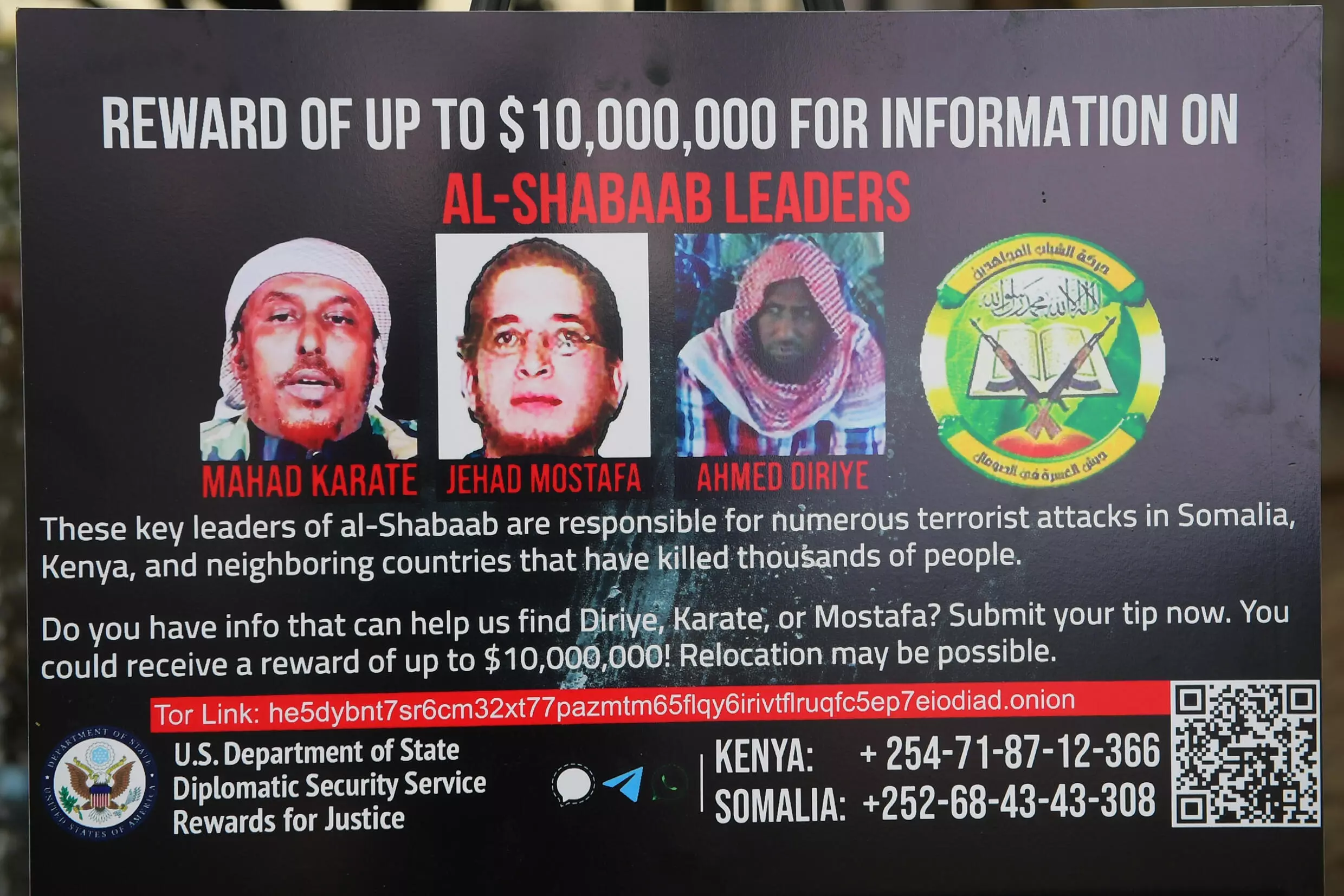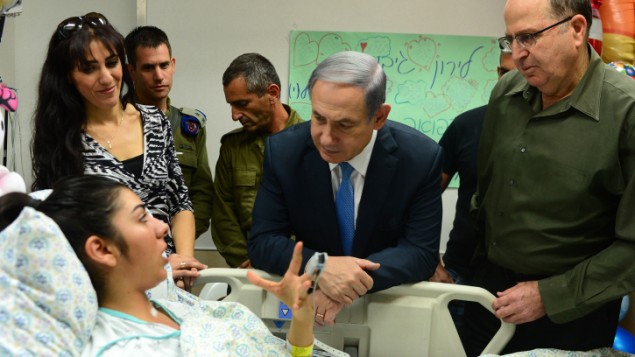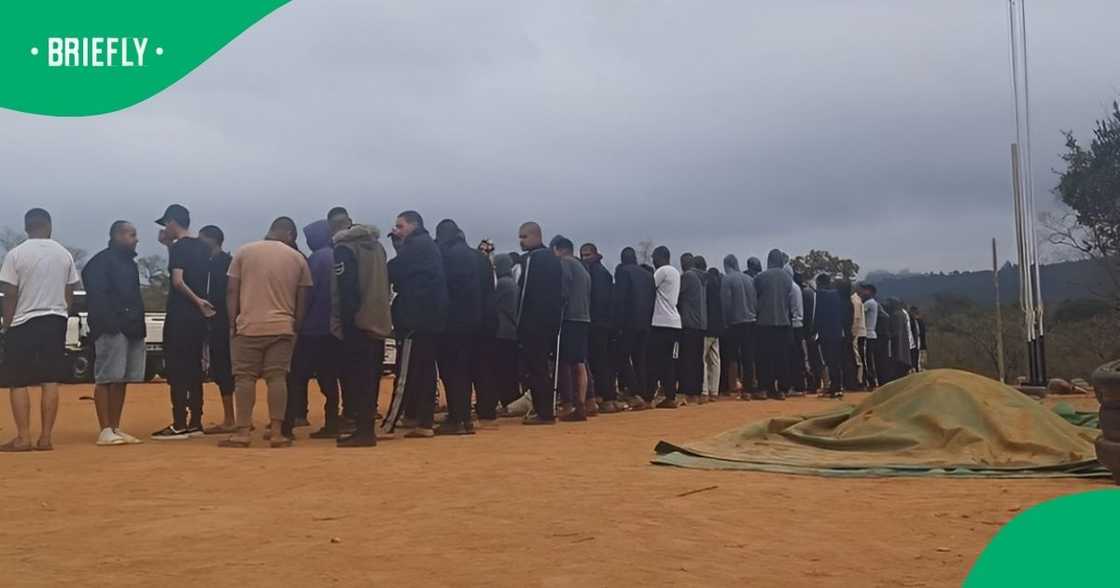South Africa has never really been affected by terrorism attacks. Its democracy is solid, its economy stable. However, it is considered a stronghold for the financing of the Islamic State (IS) group and other Islamist organizations, South African counter-terrorism expert Jasmine Opperman told AFP.
Islamist financiers gather money in the country and transfer it into “the hands of terrorism,” the expert said, adding it was internationally recognized “that we are now a hub”.
Red flags were first raised in 2022 when the US government levied sanctions on several South African companies and nationals it accused of belonging to an Islamic State cell.
“Vigilance was not enough for 20 years because South Africa was not affected at all by terrorism,” Hans-Jakob Schindler, director of the Counter-Extremism Project think tank, (CEP), told AFP.
One of the clearest signs something was amiss came in March this year when the Paris-based Financial Action Task Force (FATF), a global illicit cash flow watchdog that aims to tackle money laundering and terrorist financing, placed South Africa on its “grey list” over gaps in monitoring and stemming illegal financial activities.
“It is now internationally accepted that we are a hub,” regrets South African counter-terrorism expert Jasmine Opperman. “South Africa is hunting ground for remittances (…) in the hands of terrorism”, she believes, also referring to the role of activists favorable to Al-Qaeda, Palestinian Hamas or Iran’s close ally Hezbollah.
But South Africa’s role in international terrorism dates back more than a decade, according to Ryan Cummings, analyst with the Cape Town based Signal Risk security advisory firm.
It has been a “perceived financial hub for extremist groups for quite a while,” he said citing intelligence evidence that suggested Somalia’s Al-Qaeda-linked Al-Shabab used South Africa to move funds after the 2013 attack on the Westgate mall in Kenya’s capital.
He recalls information from intelligence services that Somali al-Shabab sent funds there after the attacks on the Westgate shopping center in Nairobi in 2013.
Money circulates via a multitude of transfers of sums too small to attract attention. The equivalent of more than 315 million euros of remittances thus left South Africa for Kenya, Somalia, Nigeria and Bangladesh, via some 57,000 unregistered Sim cards, between 2020 and 2021, according to a survey by the South African weekly Sunday Times.
The Hawala system, an informal method of payment based on trust that is far more difficult to trace than bank transfers, is also used to siphon money away.
Experts believe they are awash with cash, likely making “more money than they need,” Schindler said.
Terror groups internal documents reviewed by experts show that of the money raised on the continent, the IS in Somalia keeps 50 percent while 25 percent is split between cells in Mozambique and the Democratic Republic of Congo, with the balance going to IS central.
One of the South African suspects singled out by Washington is Farhad Hoomer, 47, based in Durban. In 2022, he was subject to US Treasury sanctions for “an increasingly central role in facilitating the transfer of funds from top hierarchy to subsidiaries across Africa”.
Arrested in 2018, he was accused of preparing to plant incendiary devices near mosques and shops before all charges were dropped by South African authorities.



